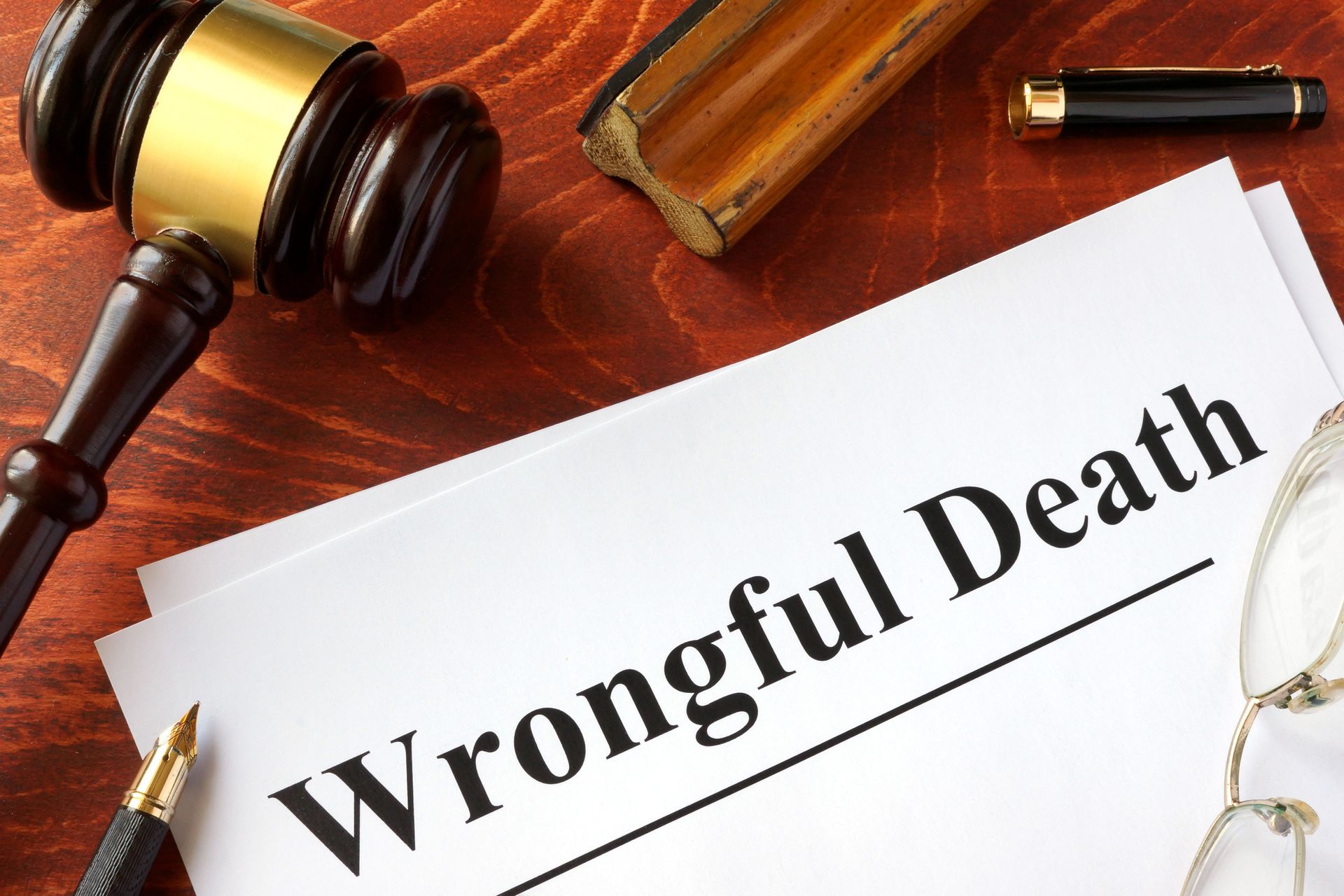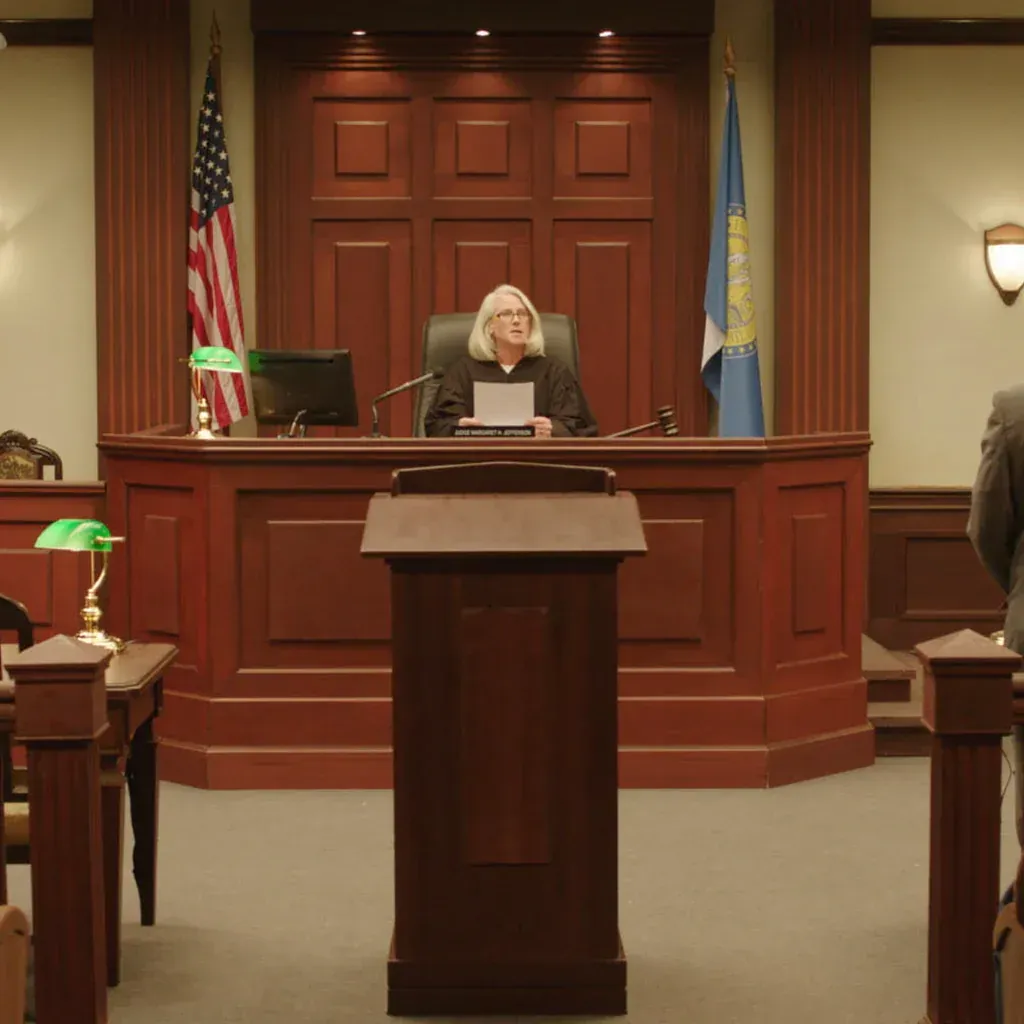Should I settle my case or take it to trial?
Should I settle my case or take it to trial?

When it comes to personal injury cases, one crucial decision that both plaintiffs and their legal representatives must make is whether to settle the case or take it to trial. This choice can significantly impact the outcome of the case, as well as the time, energy, and resources invested. In this blog post, we will delve into the factors that influence this decision-making process and shed light on why some cases are settled while others proceed to trial. Factors Influencing the Decision:
1. Strength of Evidence: One of the most crucial factors in determining whether a case will go to trial or be settled is the strength of the evidence. If the evidence is compelling and favors the plaintiff, it may increase the likelihood of a favorable trial outcome, leading to the decision to proceed to trial. On the other hand, if the evidence is weak or inconclusive, settling the case may be a more prudent choice.
2. Potential Damages: The potential damages involved in a personal injury case can also influence the decision to settle or go to trial. Sometimes, the defendant may be willing to settle if the potential damages are significant, rather than risk facing higher liability at trial. Conversely, if the defendant believes the potential damages are minimal or if liability is disputed, they may be more inclined to take the case to trial.
3. Cost and Time Considerations: The cost and time involved in taking a case to trial can be substantial. Litigation expenses, including expert witness fees, court costs, and attorney fees, can quickly add up during the trial process. Additionally, trials can be lengthy, potentially dragging on for months or even years. For plaintiffs seeking timely compensation or defendants looking to contain costs, settling the case may be a more attractive option.
Benefits of Settlement:
1. Certainty and Control: Settlements offer certainty to both parties involved. By reaching an agreement, plaintiffs can secure financial compensation without the uncertainty of a trial outcome. Defendants, on the other hand, can avoid the potential risk of a large jury verdict. Settlements also provide the opportunity for both parties to have more control over the terms and conditions of the agreement.
2. Timely Resolution: Trials can be time-consuming, often taking years to reach a final verdict. Settling a case allows for a quicker resolution, enabling plaintiffs to receive compensation promptly and move on with their lives. Defendants can also avoid the need for ongoing litigation and focus on other matters. Importance of
Trial:
1. Principle and Justice: In some cases, the injured party may prioritize the principle of justice over a settlement offer. They may wish to have their day in court and hold the responsible party accountable for their actions. Trials can also set legal precedents and help shape the development of personal injury law.
2. Potentially Higher Compensation: While settlements provide certainty, trials offer the potential for higher compensation. Juries may award substantial damages, including punitive damages, if they find the defendant's actions particularly egregious. For plaintiffs with severe injuries or significant financial losses, a trial may be the best path to securing the compensation they deserve.
In conclusion, the decision whether to settle a personal injury case or proceed to trial is a complex one, influenced by several factors. While settlements offer certainty, control, and timely resolution, trials can provide a sense of justice and potentially higher compensation. Ultimately, the choice will depend on the unique circumstances of each case and the assessment of the involved parties and their legal representatives. By carefully weighing the strengths, weaknesses, and potential outcomes, both plaintiffs and defendants can make informed decisions that best serve their interests.
If you or a loved on have been injured due to someone else's negligence and are not sure what to do, call (304)529-1130 for the legal team at Stapleton Law to set up a free no obligation appointment to discuss your options and rights.









